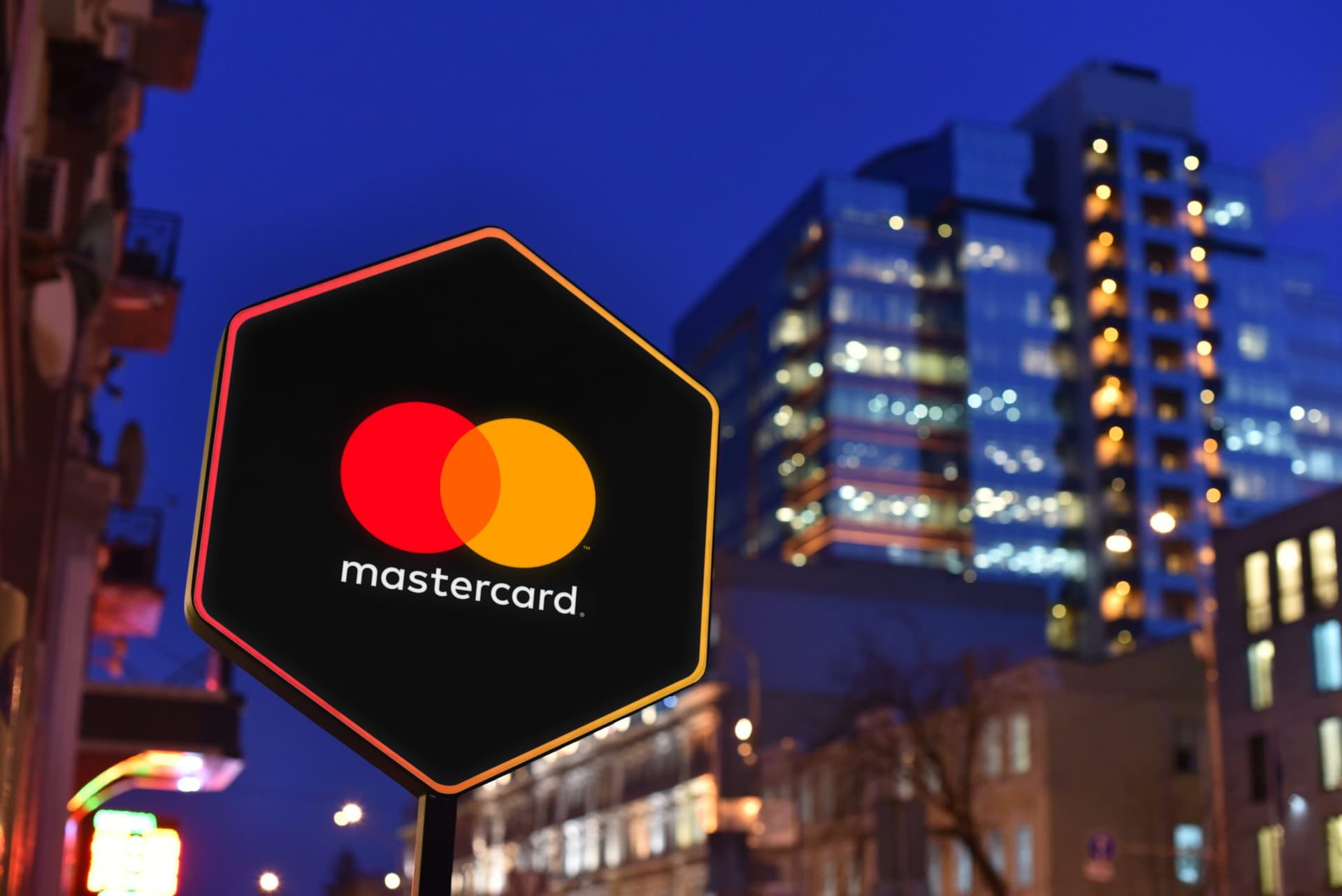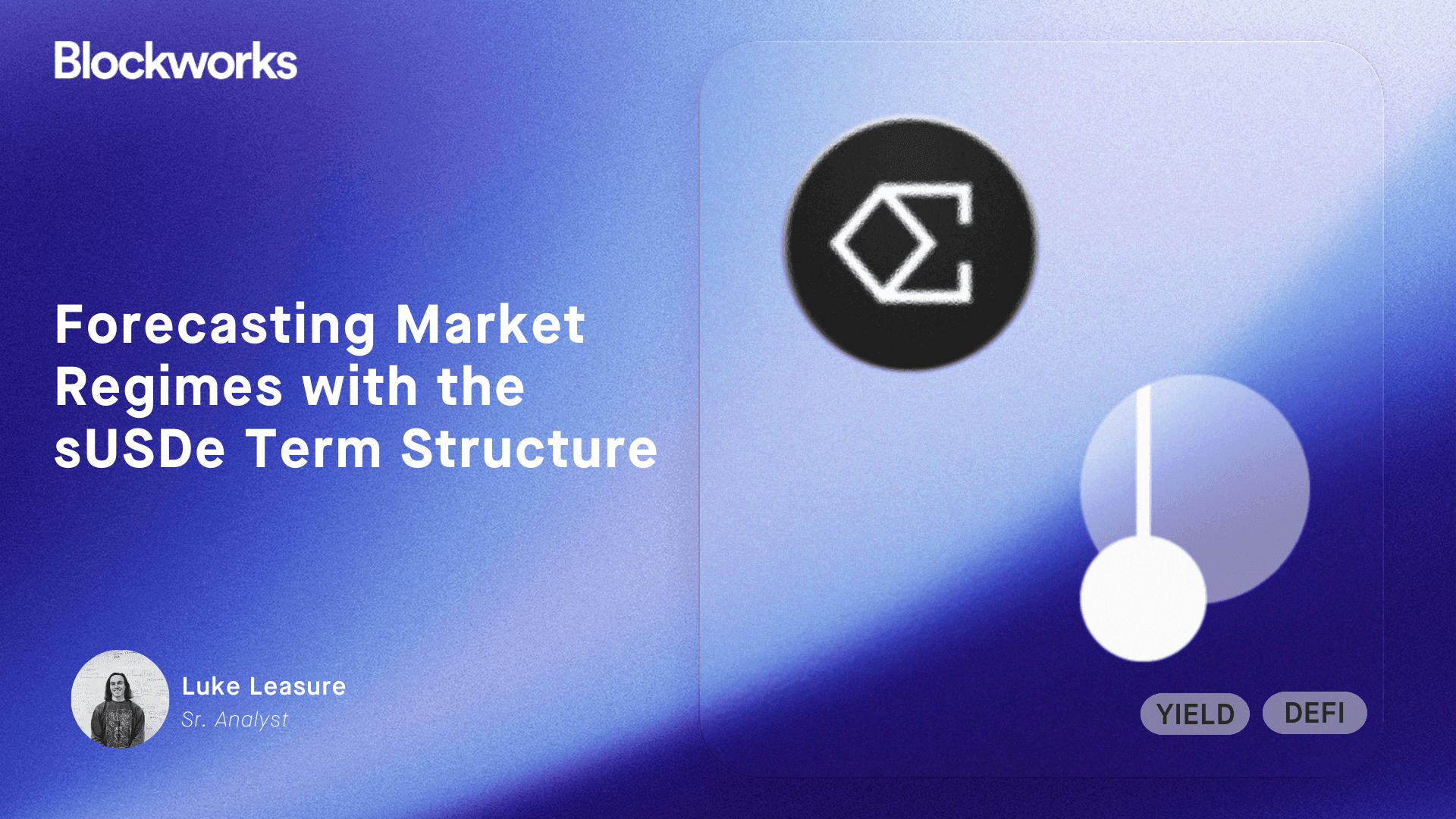Consensys Collaborates With Mastercard to Offer Scalability Solution
New offering for permissioned blockchain applications focused on providing scalability and privacy capabilities

Source: Shutterstock
- Transaction scalability and privacy essential to the successful use of blockchain in commercial use cases, Mastercard executive says
- Offering comes as there is an all-time high of roughly 175 million Ethereum addresses
Ethereum software company ConsenSys has collaborated with Mastercard to address the challenge of scalable applications on the Quorum tech-stack through an offering that provides “enterprise-grade scalability” to financial organizations and others.
Called ConsenSys Rollups, the modular software solution is for permissioned blockchain applications focused on providing scalability and privacy capabilities. It can be used on the Ethereum mainnet, or on private ConsenSys Quorum networks.
Scalability and privacy are especially important as Ethereum’s usage has reached an all-time high of roughly 175 million Ethereum addresses, according to ConsenSys.
The offering seeks to enhance the privacy and confidentiality of transactions by using zero-knowledge proofs, which enable one party to demonstrate their knowledge to another without having to share the actual information.
“ConsenSys Rollups enables vastly more scalability in addition to strong privacy protections to both enhance solutions for existing use-cases and enable new use cases,” Madeline Murray, ConsenSys’s global lead of protocol engineering, said in a statement. “This innovative solution will help accelerate the building of the future of finance.”
The issuance of central bank digital currencies (CBDCs) on top of a ConsenSys Rollups-powered Quorum network, for example, could provide scalability and privacy capabilities for digital currency transfers among central banks, commercial banks, and retail users.
Consensys Rollups could also help allow micropayment applications on which users pay on a per-stream or per-view basis. Rollups on mainnet will allow Ethereum to meet new demand without network congestion, high fees or finality challenges, the company said.
The software solution can currently achieve up to 10,000 transactions per second (TPS) on a private chain, a ConsenSys news release states, compared to the roughly 300 TPS that can be achieved on private chains without Rollups.
The launch follows ConsenSys’s reported raise of $200 million that closed in November, giving the company a $3.2 billion valuation. It also announced its acquisition of the team and NFT platform of blockchain and supply chain company Treum in October.
Working with Mastercard
ConsenSys engaged Mastercard to co-develop key building blocks to make blockchain technology scalable on the Ethereum mainnet, or for private use.
Raj Dhamodharan, Mastercard’s executive vice president of digital assets and blockchain products and partnerships, said that blockchain technology, with appropriate governance and protections, can become a part of multiple solutions across the finance and commerce ecosystems.
Mastercard CEO Michael Miebach said during the company’s third quarter earnings call in October that the company is focused on facilitating crypto investments as well as readying its network for a CBDC.
“This engagement is really about the partnership with the community of developers to help solve for the next click in the scalability and privacy of transactions,” he told Blockworks in an email. “Both of these topics are essential to our successful use of blockchain in commercial use cases.”
Dhamodharan said that as the crypto community builds many of the layer-1 and layer-2 scalability solutions, Mastercard wanted to partner with a company with a similar approach in order to offer its tech experience and development capacity.
“In addition to scalability and privacy,” he said, “we are working on a number of projects on digital currency, smart-contracts and making commerce use cases work across several different blockchain networks.”
Get the day’s top crypto news and insights delivered to your inbox every evening. Subscribe to Blockworks’ free newsletter now.






